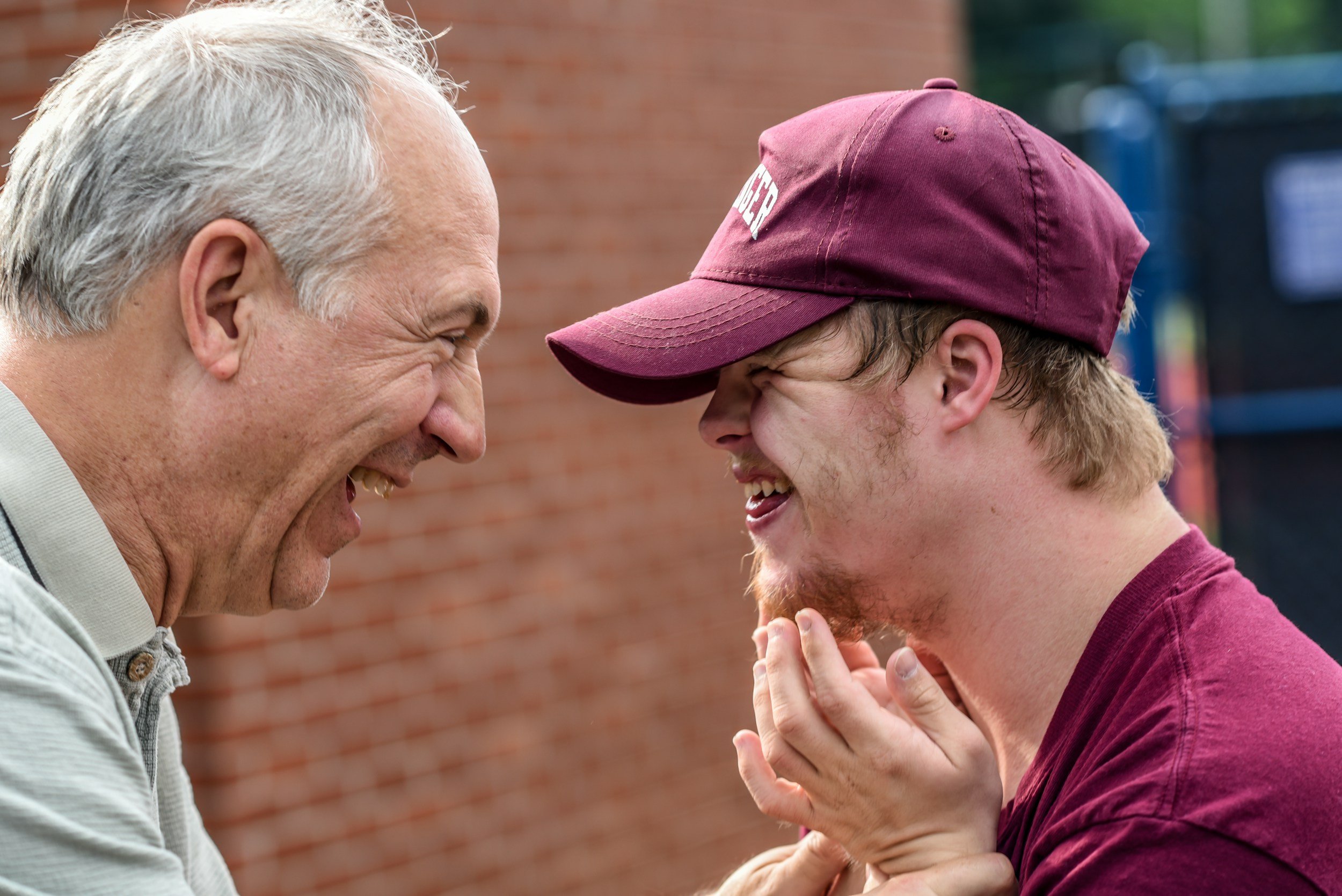Empowering People; Liberating Animals
Empowering People; Liberating Animals
NON-PROFITS:
RESCUE ORGS:
Billie has dedicated thousands of hours working pro-bono, providing life-saving information, with fosters of rescue organizations and taking in hundreds of dogs in need.
“I owe my entire personal and professional journey to the dogs that granted me the opportunity to learn from them.”
We understand that rescue organizations may not have the funding to take the courses and that it is common to be constantly “behind the eight ball”.
1) Do you have a trainer you commonly call upon to help with the challenging dogs? If so, it would be mutually beneficial for them to invest in their career by taking the I.C.P. Diploma course. Professional development is essential for trainers to succeed professionally, especially those working with adopted and adolescent dogs.
2) Your organization can confidently refer our Certified Trainers in your area or globally (virtual programs have a high success rate) to prevent surrender by pet parents. Although pet parents seem “at the end of their rope” they want solutions that work!
3) ICP Certified Trainers can also work with fosters, leading to a more robust fostering program, as well as with adopters to prevent relinquishment. Check out our newest program Foster to Fur-ever Home.
Please contact us for more information. info@instituteofcaninepsychotherapy.com
I.C.P. is dedicated to making the world a better place for people and communities. People with unconventional pasts have a lot to offer. Their rehabilitation programs commonly include cognitive behavior therapy, providing these people with a unique insight into therapeutic practices.
I.C.P. welcomes collaborative programs to work with non-profit organizations who work with people entering into the work force and/or in rehabilitation programs. Examples include, but are not exclusive to;
recovering addicts
domestic abuse victims
prisoners in rehab programs
mentally challenged people
young adults from disadvantaged families
We invite you to reach out to discus initiatives that align with your
mission and goals, and empower the people in your programs.
info@instituteofcaninepsychotherapy.com






